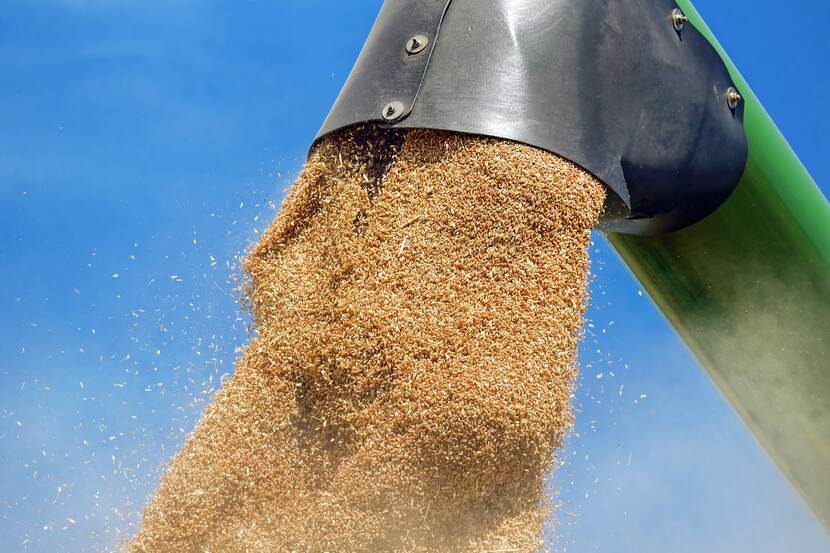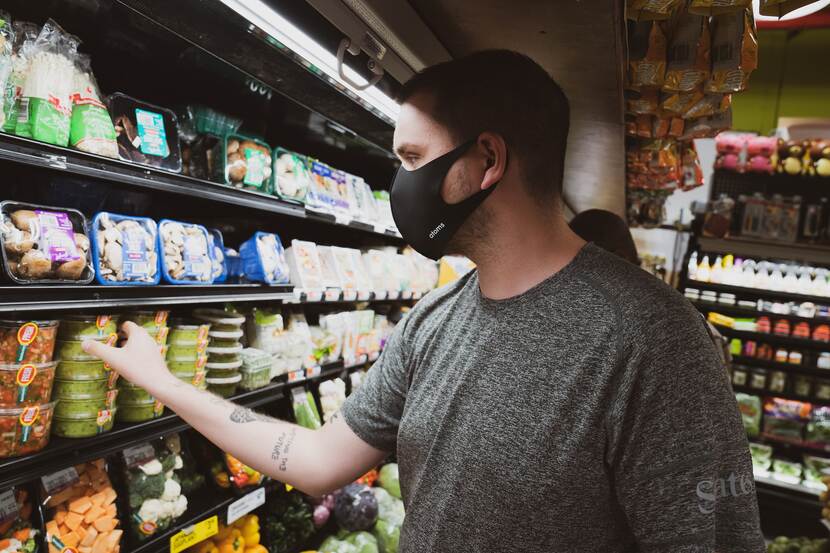Serbia introduces export quotas for cereal, flour, cooking oil
A new agreement has been reached between the Serbian Grain Association and the government

On Aril 20, the Ministry of Agriculture stated that the Serbian Government approved monthly quotas for the export of 150 thousand tons of wheat and corn each, 20 thousand tons of flour, and 8 million liters of refined sunflower oil. “Upon a single request, a maximum of 20% of the approved quantities per one group of products will be available for export on a monthly basis. In case exporters do not export or exceed the approved quantities, they will not be able to submit a request for export the next month,” the statement reads. Applications can be submitted from the 20th to the 25th of the month for the following month. For this May, applications can be submitted from April 22 to 28.
Director of the Serbian Grain Association Suncica Savovic said that during the meeting of the representatives of the Association with Prime Minister Ana Brnabic, they reached a deal in principle to approve quotas for the export of wheat, corn and oil, and to allow the unlimited export of flour. “We reached a deal for monthly quotas for export of wheat and corn for all destinations, exclusively for contracts signed before March 9 this year (before the introduction of the export ban). We also agreed on free export of wheat flour and groats, as well as maize semolina,” stated Mrs Savovic, adding that the representatives of the Association had requested the export of all quantities of processed and non-processed sunflower oil agreed by March 9 to be allowed, but the Ministry of Agriculture has to determine the quotas in line with the contracts the oil producers deliver through their association. The Director of the Association of Serbian Grains, Mrs. Suncica Savovic is satisfied that exports would start and that she hoped this would be the beginning of a dialogue with the Serbian Government.
| Background: Serbia had previously banned the export of various agricultural commodities due to rising global cereal prices following the outbreak of the war in Ukraine. Meanwhile, the war has affected the Serbian agricultural industries in a number of ways. |
A week ago, government officials determined that certain quantities of cereals went missing from the state commodity reserves since the export ban was introduced. The state kept its cereals at licensed warehouses. “Sloga” the United Trade Unions of Serbia stated that they demand a total export ban until it the whereabouts of the missing quantities of wheat and other strategic products from the commodity reserves warehouses and the precise quantity of the missing reserves, are determined.
***
Stay in the loop by following our Newsflashes.

Hungary Newsflash Week 16, 2022
Inflation changing consumer habits, the challenges and opportunities in agriculture due to a weak national currency, the identification of a new Avian influenza outbreak and the risks the labor market faces if emigration starts to increase - The week in Hungarian agriculture

Serbia Newsflash Week 16, 2022
Declining raspberry and dairy exports, supply chain issues due to the war, a record sugar beet growing, rising input costs in arable farming and the food sector, and food prices climbing due to inflation - the week in Serbian agriculture.